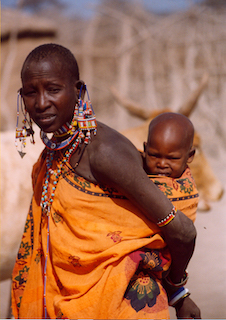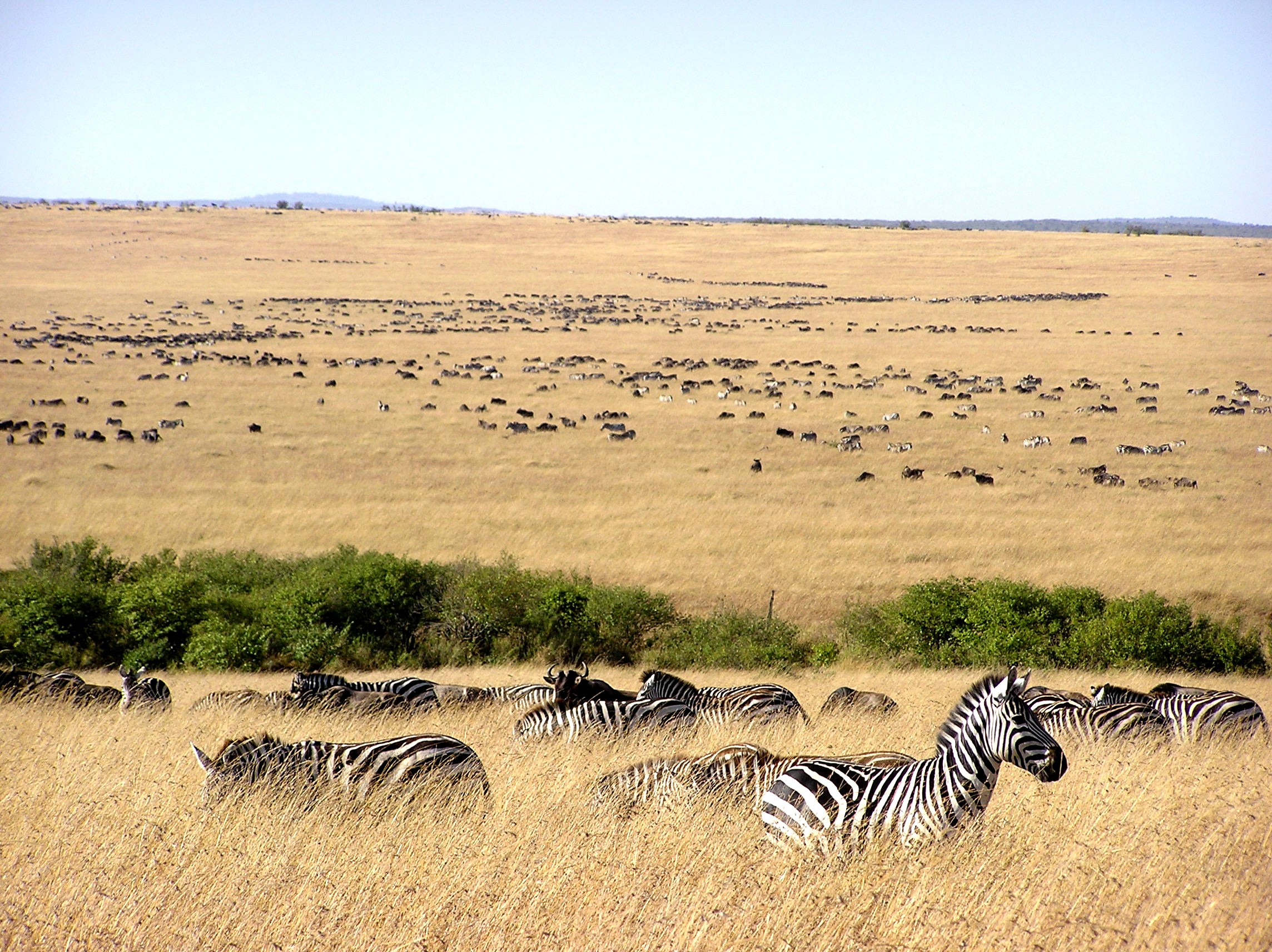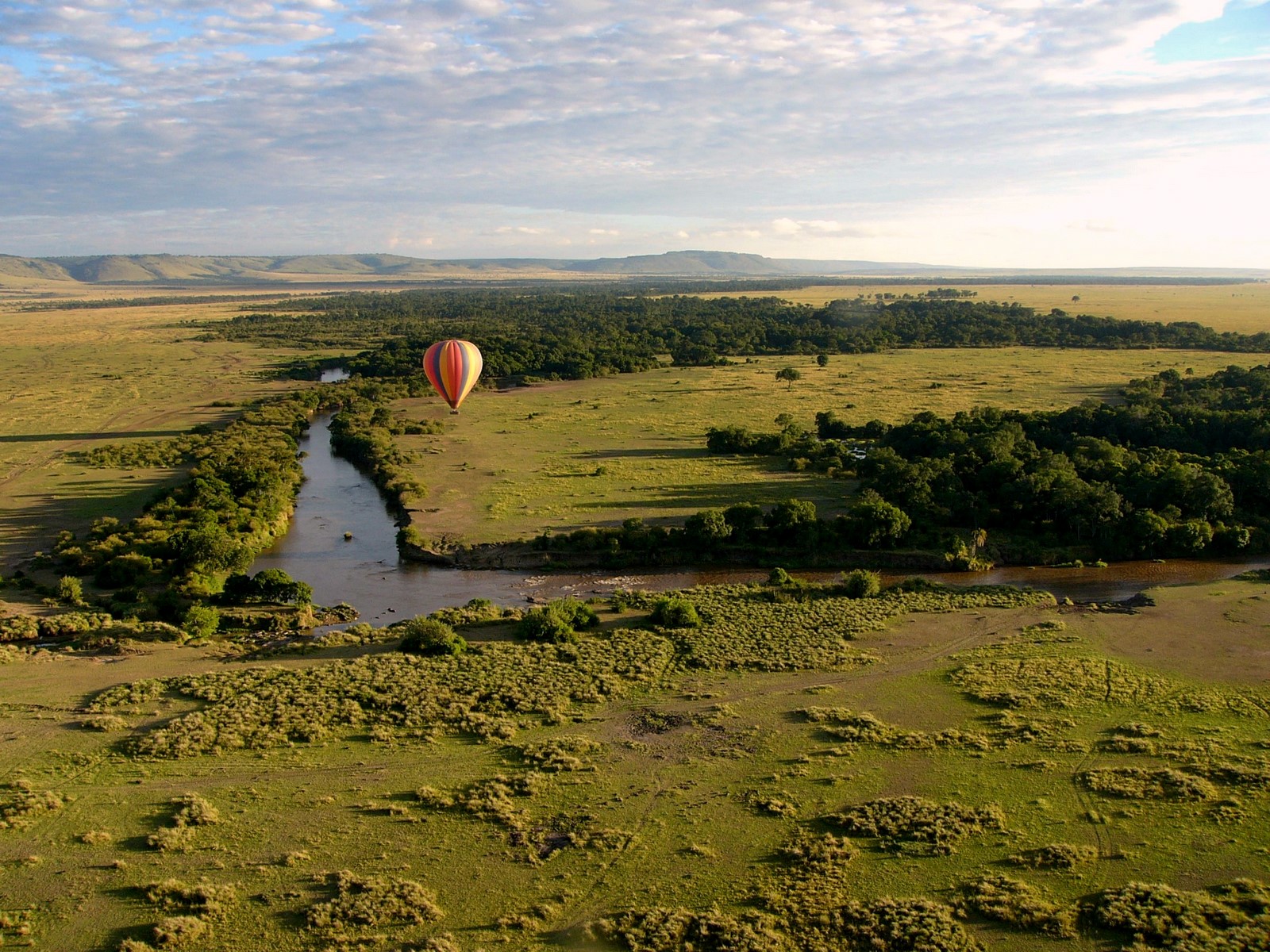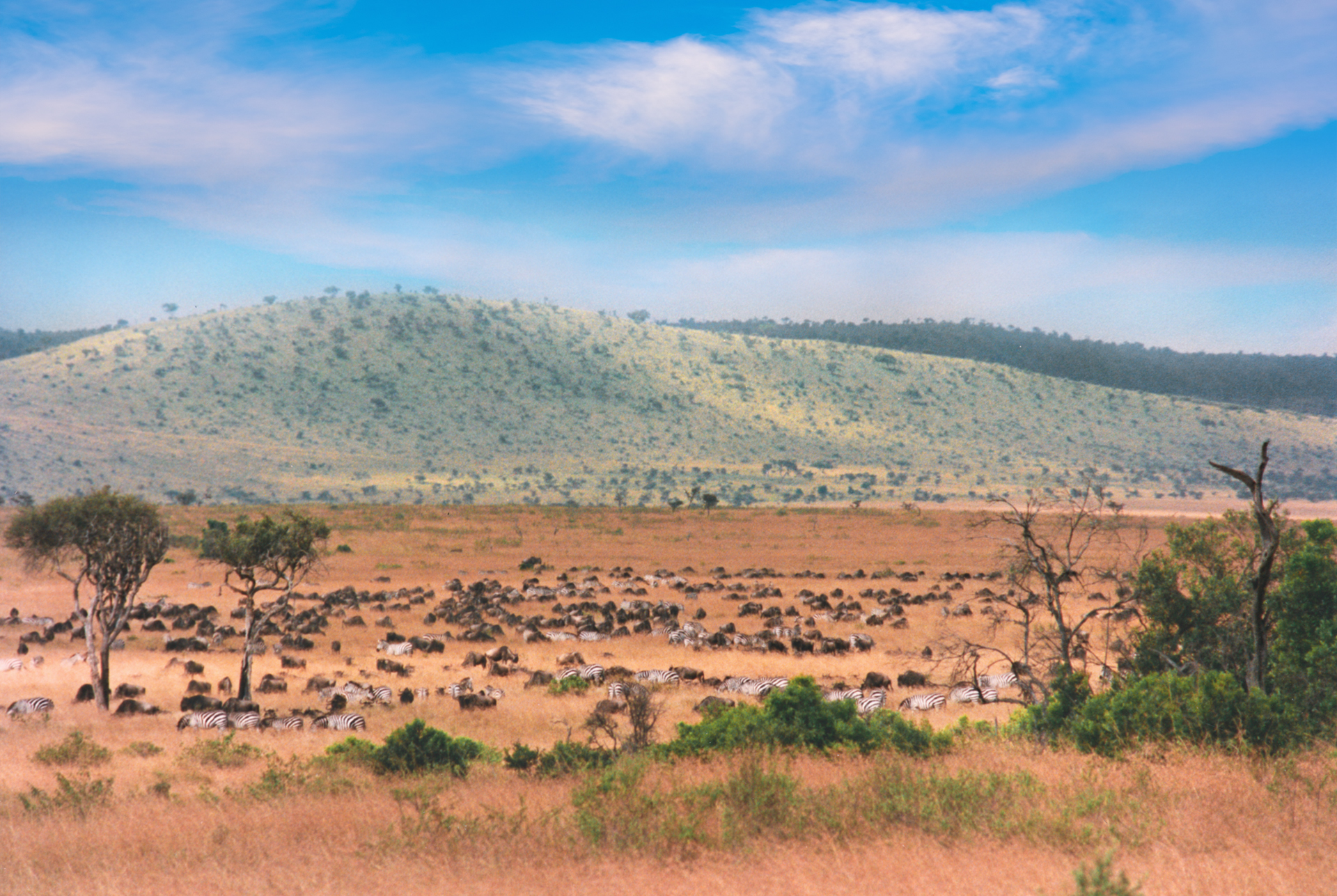Struggles Faced By The Maasai People
The Maasai people, renowned for their rich cultural heritage and distinctive way of life, are facing a multitude of challenges in contemporary Kenya. Despite their vibrant traditions and historical significance, the Maasai are navigating a complex landscape of social, economic, and environmental issues. This in-depth guide explores the various challenges faced by the Maasai people in Kenya, shedding light on their impacts and the ongoing efforts to address these issues.
The Maasai people, with their striking traditions and deep connection to the East African landscape, are experiencing a range of challenges that threaten their way of life. From land disputes and environmental degradation to economic difficulties and educational barriers, these issues are reshaping the Maasai community in Kenya. Understanding these challenges is crucial for fostering solutions that support the Maasai’s resilience and sustainable development.
Historical context and traditional livelihood
The Maasai are a Nilotic ethnic group known for their pastoralist lifestyle, primarily herding cattle, sheep, and goats. Historically, their semi-nomadic way of life allowed them to thrive in Kenya’s savannahs, balancing their needs with the environment. However, the traditional Maasai lifestyle is increasingly at odds with modern pressures and changes in land use.
Land disputes and environmental degradation
Ownership issues
Land disputes are one of the most pressing issues faced by the Maasai. Historically, the Maasai were dispossessed of their ancestral lands during colonial times and subsequent national policies. Land that was once communally owned is now subject to privatization and fragmentation, leading to conflicts over land rights and ownership.
The Maasai’s traditional land management practices, which emphasize communal ownership and rotational grazing, are often disregarded in modern land tenure systems. This fragmentation has led to reduced grazing areas, increased land pressure, and conflicts with neighbouring communities and agricultural developers.
Impact of climate change
Climate change is exacerbating land and environmental challenges for the Maasai. The region is experiencing increased temperatures, unpredictable rainfall patterns, and prolonged droughts, which adversely affect pastoralist activities. These environmental changes impact water availability, pasture growth, and livestock health, threatening the Maasai’s primary source of livelihood.
Additionally, the encroachment of agriculture into traditional grazing lands further compounds these issues, reducing the available land for pastoral activities and increasing competition for resources.
Economic challenges
Shift from traditional livelihoods
The Maasai’s traditional pastoralist lifestyle is increasingly challenged by modern economic pressures. As land becomes fragmented and less suitable for grazing, many Maasai are compelled to seek alternative sources of income. This shift often involves transitioning to agriculture or engaging in wage labor, which may not provide the same economic stability as traditional pastoralism.
Moreover, the introduction of commercial farming and the expansion of urban areas have reduced access to grazing lands and traditional resources. This shift disrupts traditional livelihoods and creates economic uncertainty for many Maasai families.
Access to economic opportunities
Access to economic opportunities remains a significant challenge for the Maasai. Limited access to education and skills training restricts their ability to participate in formal employment and entrepreneurial ventures. Many Maasai communities are located in remote areas with inadequate infrastructure, further limiting their access to markets and economic opportunities.
Efforts to integrate the Maasai into broader economic systems are ongoing, but challenges remain in ensuring that these opportunities align with Maasai cultural values and traditional practices.
Education and healthcare
Educational barriers
Education is a crucial factor in addressing economic and social challenges, but the Maasai face several barriers to accessing quality education. Geographic remoteness, cultural practices, and economic constraints contribute to low enrollment and high dropout rates among Maasai children.
Traditional Maasai practices, such as early marriage and gender roles, can also impact educational attainment. Efforts to improve education access involve addressing these cultural barriers and providing incentives for families to prioritize education.
Healthcare access
Healthcare access is another significant challenge for the Maasai. Remote locations and limited healthcare infrastructure contribute to inadequate medical services. The Maasai often face barriers to accessing healthcare facilities, including distance, transportation issues, and financial constraints.
Additionally, traditional health practices sometimes conflict with modern medical approaches, creating challenges in delivering effective healthcare services. Improving healthcare access involves increasing infrastructure, providing mobile health services, and integrating traditional and modern medical practices.
Cultural preservation and modernisation
Cultural erosion
As the Maasai community navigates modernization, there is growing concern about the erosion of traditional cultural practices. The influence of external cultures, urbanization, and globalization can lead to a dilution of Maasai traditions and values.
Cultural erosion is particularly evident among the younger generation, who may adopt urban lifestyles and values that differ from traditional Maasai customs. Preserving Maasai cultural heritage involves promoting cultural education, celebrating traditional practices, and ensuring that cultural values are maintained alongside modernisation efforts.
Balancing tradition and modernity
Balancing tradition and modernity is a complex challenge for the Maasai. While modernization offers opportunities for economic development and improved living standards, it can also disrupt traditional ways of life. The Maasai must navigate this balance, finding ways to integrate modern practices without sacrificing their cultural identity.
Efforts to achieve this balance include incorporating traditional practices into modern frameworks and promoting cultural tourism that supports both economic development and cultural preservation.
Government and NGO interventions
Policy measures
The Kenyan government and various non-governmental organisations have implemented policies and programs aimed at addressing the challenges faced by the Maasai. These include land reforms, community development projects, and initiatives to improve education and healthcare access.
Land reform efforts aim to address historical injustices and support communal land ownership models that align with traditional Maasai practices. Additionally, government programs focus on providing support for sustainable pastoralism, environmental conservation, and economic development.
Community-based projects
Community-based projects play a vital role in addressing Maasai challenges. NGOs and local organizations work to empower Maasai communities through initiatives focused on education, healthcare, economic development, and cultural preservation.
Examples of community-based projects include the establishment of schools and health clinics, vocational training programs, and conservation projects that involve the Maasai in protecting natural resources. These projects aim to provide practical solutions while respecting Maasai cultural values and promoting community participation.
Future prospects and solutions
Sustainable development
Sustainable development is key to addressing the challenges faced by the Maasai. This involves integrating environmental conservation, economic development, and cultural preservation in a way that supports the Maasai’s long-term well-being. Sustainable practices in agriculture, tourism, and land management can help balance economic needs with environmental and cultural considerations.
Efforts to promote sustainable development include supporting community-led conservation initiatives, encouraging responsible tourism practices, and providing resources for sustainable livelihoods.
Collaborative approaches
Collaborative approaches involving the Maasai community, government agencies, NGOs, and other stakeholders are essential for addressing the challenges faced by the Maasai. Effective solutions require input from the Maasai themselves, ensuring that their needs and perspectives are considered.
Collaborative efforts focus on building partnerships, fostering dialogue, and developing solutions that align with Maasai cultural values and traditions. By working together, stakeholders can create inclusive and effective strategies for supporting the Maasai community.
Clash between modern and traditional
The Maasai people of Kenya are navigating a range of challenges that impact their traditional way of life, economic stability, and cultural heritage. From land disputes and environmental degradation to educational barriers and healthcare access, these issues require comprehensive and collaborative solutions.
Understanding the complexities of these challenges is crucial for developing effective strategies to support the Maasai community. By addressing these issues through sustainable development, cultural preservation, and collaborative approaches, it is possible to promote resilience and ensure a positive future for the Maasai people in Kenya.
The Maasai’s rich cultural heritage and enduring traditions are integral to Kenya’s identity. Supporting their efforts to navigate contemporary challenges while preserving their cultural values is essential for fostering a vibrant and inclusive future.





